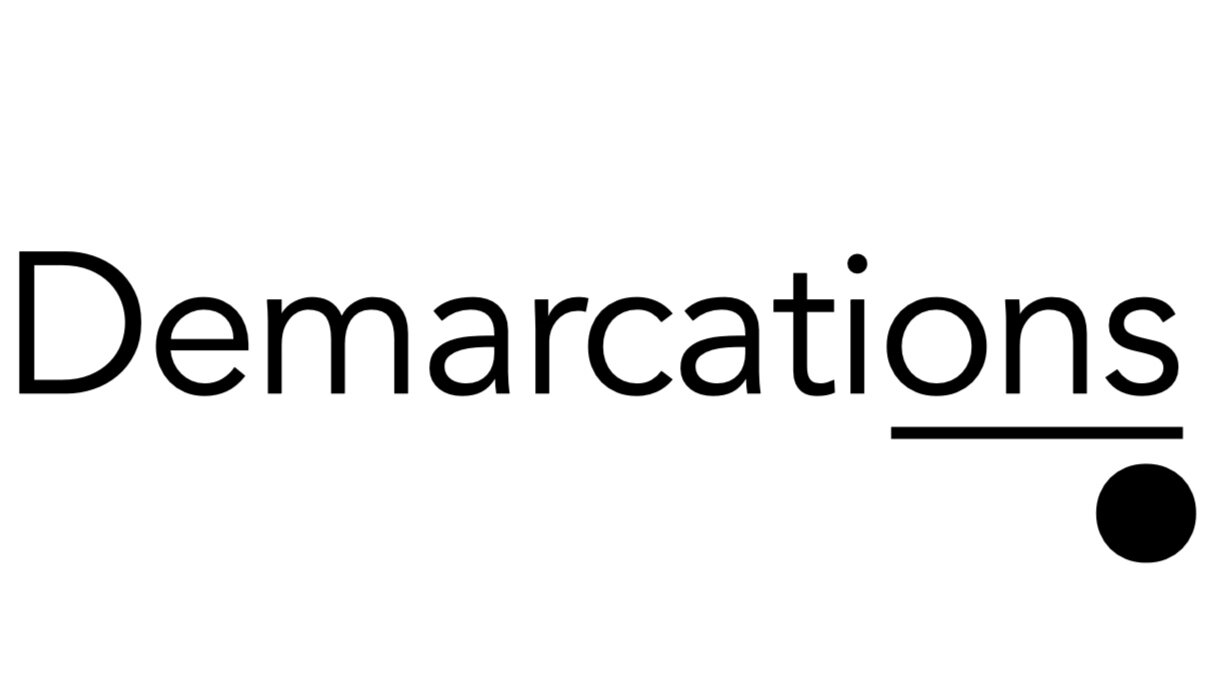I've never liked Daylight Savings Time. It's antiquated and disruptive. This humorous post sums it up well, and links to a Daylight Savings Hub for understanding how it's observed internationally with resources for IT administrators.
The cited justifications just don't make sense. For example, via Bill Petro, this Department of Energy study (PDF) found that the time change saves only about .02 percent of total U.S. energy consumption.
The change unnecessarily creates the chance for error. How many people forget to change their clocks and miss appointments on Sunday or Monday morning? Not that many, maybe, but enough to cause damage to a good number of relationships and measurable financial harm to companies. It's true that most clocks change automatically or are synced to a network. But globalization also increases the opportunity for cross-border disconnection. Economies are increasingly urban, exacerbating the problem of being an hour late. And how much money do we spend just reminding people to reset their clocks?
And resetting clocks -- or writing software to automatically reset clocks -- is not a value-added process. It's waste. On a national scale.
It's also bad for workplace safety. Based on data from the U.S. Department of Labor, Michigan State University researchers Christopher Barnes and David Wagner concluded that the number of workplace accidents jumps after Daylight Savings Time:
In two separate studies, they found that the March switch to Daylight Savings Time resulted in 40 minutes less sleep for American workers, a 5.7 percent increase in workplace injuries and nearly 68 percent more work days lost to injuries.
....
But can losing one hour of sleep really make a difference? “Yes,” said Barnes, “it can. Especially for those engaged in jobs requiring a high level of attention to detail. Studies have shown that lost sleep causes attention levels to drop off.”
....
There is other research available that tends to support Barnes and Wagner. A University of British Columbia study, using data from the Canadian Ministry of Transport, found that when Canada went into daylight savings time, there was an 8 percent increase risk of accidents on the Monday after the changeover. A similar study, using information from the U. S. National Highway Traffic Safety Administration, cited sleep deprivation as the most likely cause of a 17 percent increase in accidents on the Monday following the time change.
Daylight Savings Time disrespects human physiology, and therefore people. It subordinates humans to machines. And this study, if accurate, makes the case even stronger by pointing to real human costs in the form of injuries and death.
If this post sounds a little snarky, I blame the time change.
 [/caption]
David Pogue writes an interesting dual-view review of the iPad.
[/caption]
David Pogue writes an interesting dual-view review of the iPad.


